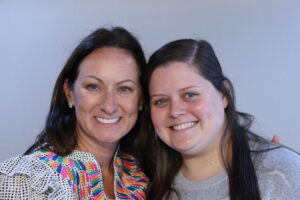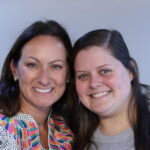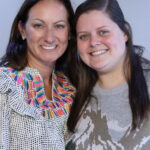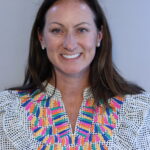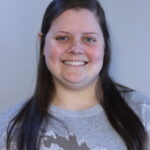Description
Coworkers Angela “Angie” Filipiak (43) and Sydney Connor (31) talk about how they take care of their mental health in their work as nurses.Subject Log / Time Code
Angie Filipiak (AF) talks about how she got involved as the program manager for Care for Caregivers.
Sydney Connor (SC) talks about it being hard to leave patients and coworkers behind when clocking out.
SC thanks AF for making the nurses feel cared for.
SC talks about what drives her in this work.
SC remembers letting down her walls with AF.
SC shares her hope that more focus will be placed on nurses' mental health in the workplace.
SC shares her concerns for new nurses.
SC reflects on caring deeply about the wellbeing of others.
Participants
- Angela Filipiak
- Sydney Connor
